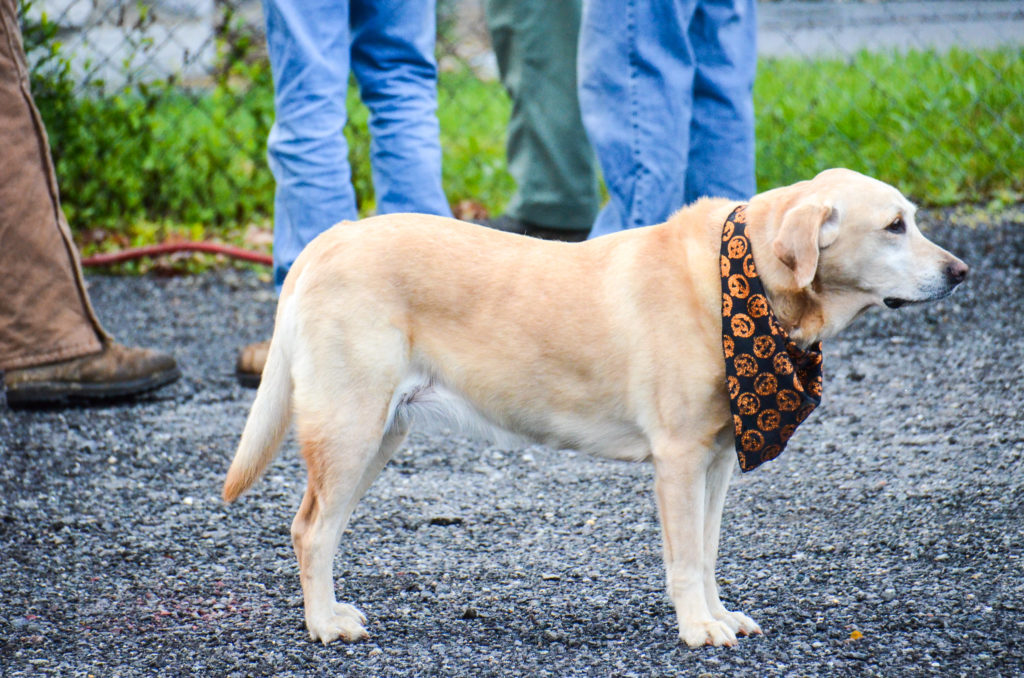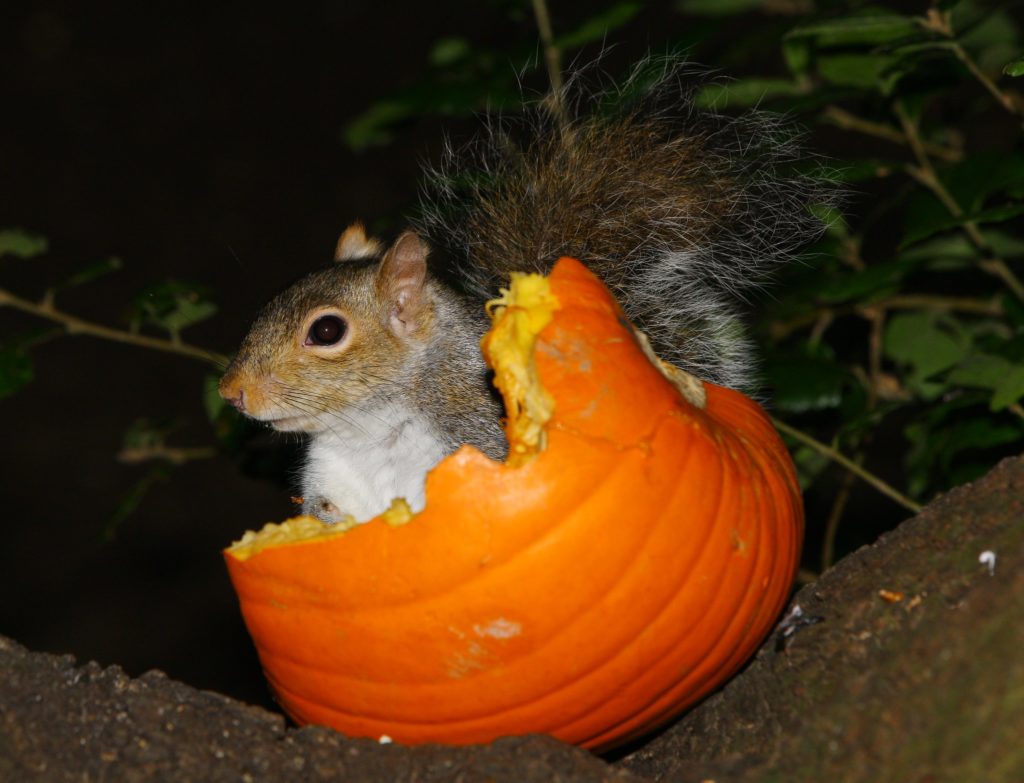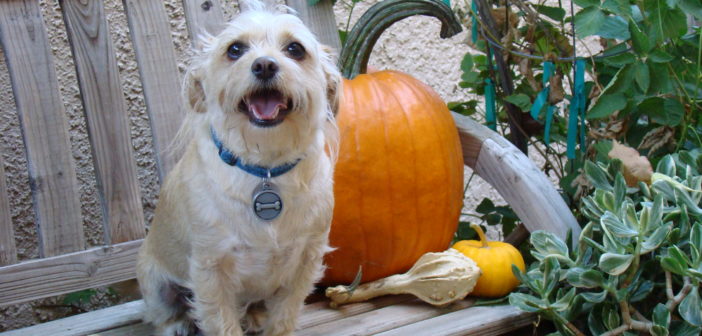With Halloween around the corner, it’s time to start thinking about what to do to keep our pets and wildlife safe on such a fun night. While it’s enjoyable to dress up and trick or treat for humans, it can be quite scary for pets and wildlife. Dr. Gary Weitzman, veterinarian and president of the San Diego Humane Society, gives tips to keep both wildlife and pets safe this holiday.
Six tips to keep pets safe and happy this Halloween:
- Halloween can cause pets stress: Keep pets inside away from trick-or-treaters and other Halloween activities. To reduce stress levels, keep pets in an enclosed room with their favorite toys and with the television or radio on.
- Doorbell stress: Excessive ringing of the doorbell can make some dogs bark and raise their stress levels. Consider leaving a note on your door that asks trick-or-treaters to lightly knock rather than ring the doorbell.
- Candy is a trick, not a treat: Chocolate and other ingredients can be toxic to animals, so keep candy somewhere they won’t be able to get into. Be mindful of wrappers and foil, as they can be a choking hazard to animals.
- Be careful with costumes: Just because animals look adorable in costumes, doesn’t necessarily mean they like wearing them! Don’t make your pet wear a costume unless you’re sure they enjoy it. A simple Halloween bandana can be a more comfortable alternative to a full costume.

- Use caution with Halloween decor: Keep jack-o-lanterns with flames out of reach of your pets or use flameless candles to prevent curious pets from getting burned. Also, use caution with fake cobwebs and other decorations that could be a choking hazard for your pet.
- ID your pet: Make sure that all of your pets are microchipped and wearing tags with a current ID. Opening the door repeatedly for trick-or-treaters creates plenty of escape opportunities for your pet. If your pet does go missing, a pet ID and microchip will help ensure a quick reunion.
Six Halloween wildlife tips:
- Don’t use fake spider webs or other decorations made of entangled fibers on the outside of your home. Wild animals can easily get trapped and may not be able to break the material to free themselves.
- Avoid decorations with loops or closed circles. A foraging animal can inadvertently put their head through a loop or circle and choke themselves.
- Avoid decorations with small, dangling, edible-looking parts.
- Candy, and the plastic it’s wrapped in, can also be a hazard for wild animals. Don’t leave candy out where wildlife may find it, and dispose of all candy wrappers properly.

- Carved pumpkins may be attractive to wildlife as food, so properly dispose of them if you don’t want post-holiday trick-or-treaters. After Halloween, those in San Diego can donate their pumpkins to Project Wildlife rather than throwing them away, and others may be able to find a local alternative. Pumpkins are used as enrichment for raccoons, providing stimuli to enhance their well-being, which also allows them to practice foraging behavior before they’re released back into the wild!
- Be alert for nocturnal wildlife while trick-or-treating. Avoid cutting across lawns and through brushy areas to avoid accidental encounters with your wild neighbors.
- Drivers on Halloween night know to be on the alert for children, but we encourage you to also be aware of wildlife that may be scared out of hiding by all the unusual nighttime activity.
Featured image: a dog with a pumpkin and other squashes. Image credit Stacey Taylor-Kane, CC BY-SA 2.0.





